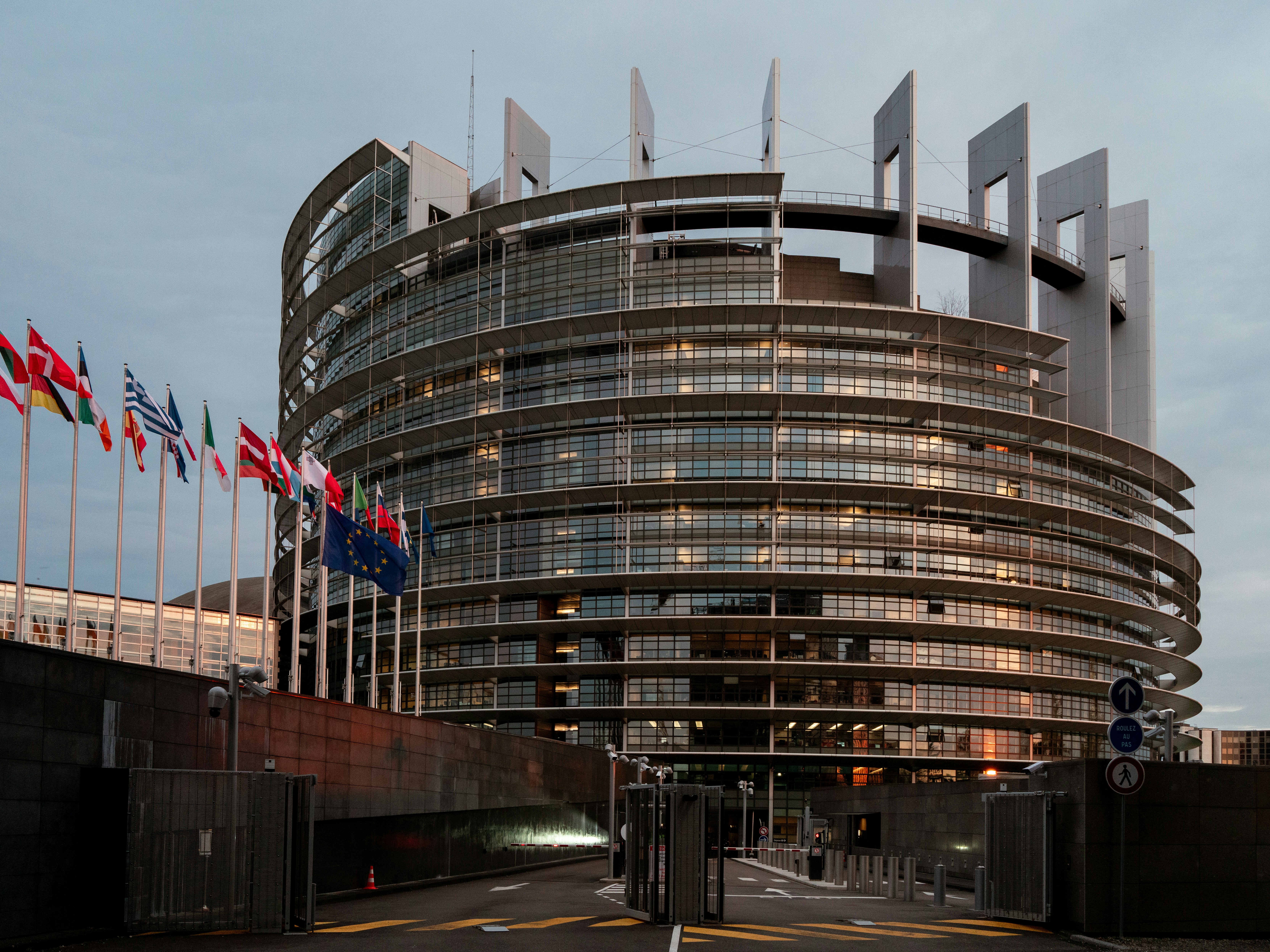Published on
Jun 17, 2025
-
min read

Why Study Political Science in Germany?
Political science examines the structure and behavior of governments, policies, and political systems. As a key player in European diplomacy and global governance, Germany offers world-class political science programs. With its interdisciplinary approach, focus on research, and robust academic environment, Germany provides students with a unique opportunity to explore and contribute to political theory and practice.
1. Global Political Hub
Germany’s active role in the European Union (EU) and international organizations provides students exposure to real-world global politics.
2. Renowned Universities
Institutions such as Humboldt University of Berlin and University of Mannheim are globally celebrated for their excellence in political science.
3. Research-Oriented Programs
German universities emphasize research in areas like governance, policy-making, and international relations.
4. Affordable Education
Public universities charge minimal tuition fees, with scholarships like DAAD making programs accessible for international students.
5. Diverse Career Opportunities
Graduates find rewarding careers in diplomacy, academia, think tanks, and international organizations.
Top Universities for Political Science in Germany
1. Humboldt University of Berlin
Program: MA in Political Science
Highlights: Focuses on European integration, comparative politics, and political theory.
2. University of Mannheim
Program: MA in Political Science
Highlights: Covers governance, public policy, and quantitative political analysis.
3. Freie Universität Berlin
Program: MSc in Global Politics
Highlights: Explores globalization, diplomacy, and conflict resolution.
4. University of Potsdam
Program: MA in Public Policy and Administration
Highlights: Combines public policy studies with administrative sciences.
5. University of Heidelberg
Program: MSc in Political Science and International Relations
Highlights: Offers modules on peace studies, conflict management, and global security.
Core Modules and Specializations
Core Modules:
Comparative Politics
Public Policy and Administration
Political Theory and Philosophy
International Relations and Diplomacy
Specializations:
European Governance and Policy: Explore EU policies, treaties, and political structures.
Human Rights and Global Justice: Focus on international law and ethical frameworks.
Conflict Resolution and Peace Studies: Analyze methods for mitigating and resolving disputes.
Political Data Analytics: Apply statistical tools to study electoral trends and policymaking.
Practical Learning Opportunities:
Internships with political organizations, participation in international forums, and collaborative research.
Career Opportunities in Political Science
Germany’s central role in global politics creates significant demand for political science graduates.
Job Roles:
Policy Analyst: Develop and evaluate public policies.
Diplomat: Represent nations in international negotiations and maintain foreign relations.
Researcher: Conduct studies on political systems, governance, and societal trends.
Industries Hiring Political Science Graduates:
Government Agencies
International Organizations (e.g., United Nations, EU)
Think Tanks and Research Institutes
Average Salaries:
Entry-Level: €40,000 – €55,000 annually
Mid-Level: €60,000 – €80,000 annually
Senior Roles: €90,000+ annually
Admission Requirements
Academic Background:
Bachelor’s degree in political science, international relations, or a related field.
Language Proficiency:
TOEFL/IELTS for English-taught programs.
DSH/TestDaF for German-taught programs.
Statement of Purpose (SOP):
Highlight your interest in political science, research goals, and career aspirations.
Work Experience:
Relevant internships or professional experience are advantageous.
Scholarships for Political Science Students
1. DAAD Scholarships:
Covers tuition fees, living expenses, and travel costs.
2. Deutschlandstipendium:
Provides €300 per month for high-achieving students.
3. Institution-Specific Grants:
Many universities, like Humboldt and Mannheim, offer scholarships tailored to political science students.
Living in Germany as a Political Science Student
Cost of Living:
Monthly expenses range from €850 to €1,200, depending on the city.
Networking Opportunities:
Attend events like the Munich Security Conference, political science forums, and university seminars.
Cultural and Professional Growth:
Germany’s rich political history and diverse cultural heritage enhance the academic experience.
Post-Graduation Pathways
1. Industry Careers:
Work in international relations, governance, or consultancy roles.
2. Research Opportunities:
Pursue doctoral studies in political science or specialize in areas like global security or policy analysis.
3. Entrepreneurship:
Establish think tanks or consultancies focused on governance and policy-making.
Final Thoughts
Germany’s political science programs blend academic rigor, research opportunities, and real-world exposure. Whether you aspire to shape public policies, engage in diplomacy, or advance political research, studying political science in Germany equips you with the tools and insights for a fulfilling career.
Ready to make an impact? Begin your political science journey in Germany today!

